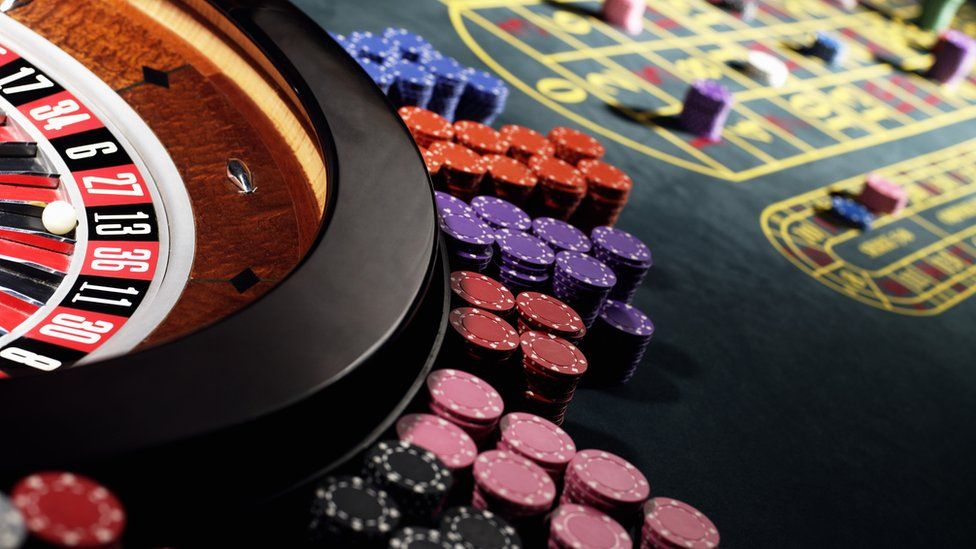Gambling on Slots and Its Cultural Importance

Machine gambling has emerged as a prominent pastime in various cultures around the world, transcending the limits of mere amusement. From the lively neon signs and noises of gambling venues to the increasing fame of internet-based sites, slot machines offer a distinct blend of luck and adventure that enthralls countless players. This type of betting is not just about pulling sticks and watching spinning wheels spin; it shows underlying community perspectives toward risk, chance, and the quest of wealth.
As we investigate into the importance of video gaming, we find that it serves as more than a recreational activity. It serves as a means of socializing, a form of distraction, and also a source of motivation for many. The appeal of hitting the big win strikes a chord across diverse audiences, often embodying dreams of riches and comfort. By analyzing the development of video gaming and its role within diverse groups, we can thoroughly understand its impact on contemporary traditions and the values that it upholds.
Historical Context of Video Gambling
Slot gaming has its origins in the final 19th century when the initial mechanical slot device, known as the Liberty Bell, was created by Charles Fey in 1895. This device featured 3 rotating drums and a simple winnings system based on the combination of symbols, primarily centered on horseshoes, diamonds, and the famous Liberty Bell. The rise of this creation marked a major change in gaming, making it more accessible and attracting a wider audience who were enticed to the appeal of luck without the necessity for complicated tactics or skills.
As video machines gained fame, the early 20th century saw the growth of numerous designs and arrangements. The launch of electric slot machines in the 1960s added a fresh layer of excitement with more engaging graphics and sounds. This transition coincided with the broader social changes and the growth of legalized gaming in various states and countries. Slot devices transitioned from being only manual devices to turning into part of the gambling hall experience, attracting to a demographic that sought entertainment and recreation in gambling.
The final 20th century and initial 21st century brought about another transformation with the arrival of digital advancements and virtual gambling. Virtual video devices became a mainstay of online gambling platforms, allowing gamblers to enjoy the thrill of slot gaming from the comfort of their homes. This digital evolution influenced cultural views of gambling, making it not only a physical but also a virtual activity. The growing acceptance of gambling in society has placed video machines as a significant societal trend, reflecting changing attitudes towards risk, luck, and amusement.
Societal Influence on Communities
Video machines has woven themselves into the fabric of modern culture, shaping community connections and behaviors. In numerous communities, these machines serve as gathering points where individuals come together, encouraging a feeling of belonging and excitement. The bright lights and engaging sounds of these games create an environment that attracts not just seasoned gamblers but also occasional players seeking fun. This openness allows diverse groups of people to share moments, ranging from joyous wins to the camaraderie found in collective defeats.
The representation of gambling in media and pop culture has also played a important role in affecting societal perceptions. Films, television shows, and ads often romanticize the allure of winning big, leading to a society where gambling is viewed as an exciting and flashy pastime. This image can lead to an growing fascination with gambling, especially among younger adult generations, impacting their views and ultimately affecting their participation in gambling activities.
However, the cultural significance of slot gambling is not without its issues. As it gains prominence, concerns about gambling addiction and safe gaming practices emerge. slot bet Educational initiatives and programs aimed at educating players about the risks associated with gambling have become crucial components of the conversation surrounding this industry. Balancing the entertainment value of gambling with the potential for adverse effects is crucial, leading to ongoing discussions about its place within society and the responsibility that comes with its enjoyment.
Psychological Aspects of Video Gaming
Slot gambling is deeply anchored in psychological principles that can significantly affect player behavior. One primary factor is the thrill of unpredictability that comes from the fortuitous character of gaming machines. This unpredictability creates a sense of anticipation, as participants anticipate potential rewards. The intermittent reinforcement system, where gamblers are given prizes at variable intervals, can lead to continued engagement, often leading to long gambling durations despite the chances being stacked to them.
Furthermore, the visual aspects of fruit machines contribute to their psychological allure. Bright lights, enticing sounds, and visually pleasing graphics all serve to amplify the physical engagement of playing. These elements can induce a feeling of elation and release from the real world, which many participants perceive appealing. The engaging atmosphere created by contemporary slots capitalizes on human responses, pulling participants into a mindset that can merge the boundaries between leisure and addictive behavior.
In conclusion, the interpersonal factor of slot gambling is equally important. Many casinos are designed to promote community engagement among gamblers, facilitating a communal environment. This social engagement can boost the satisfaction of betting, making it less about the solo activity of betting and increasingly about collective moments. Yet, the appeal of community belonging can also result in negative betting practices, as individuals may feel urge to fit in to group norms around betting norms.